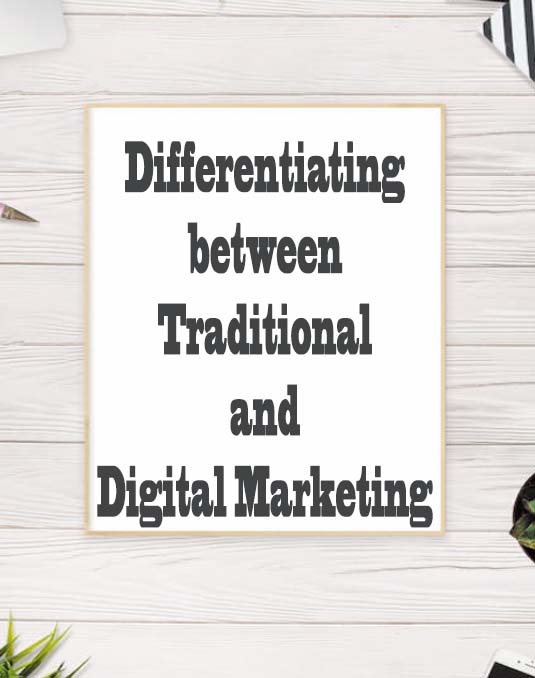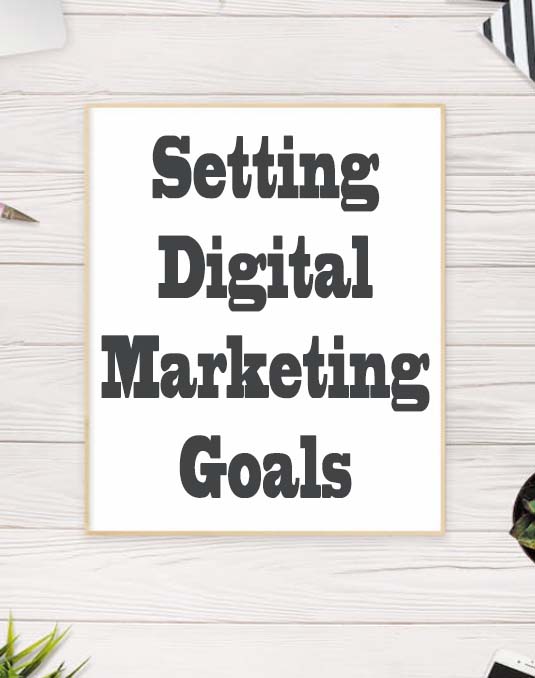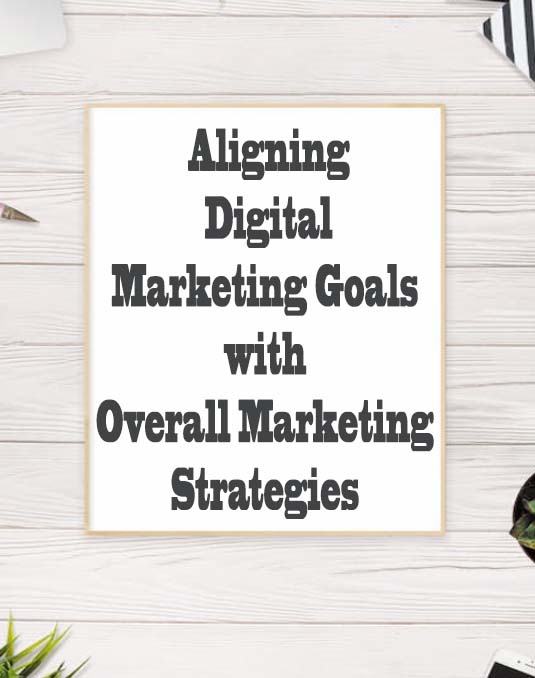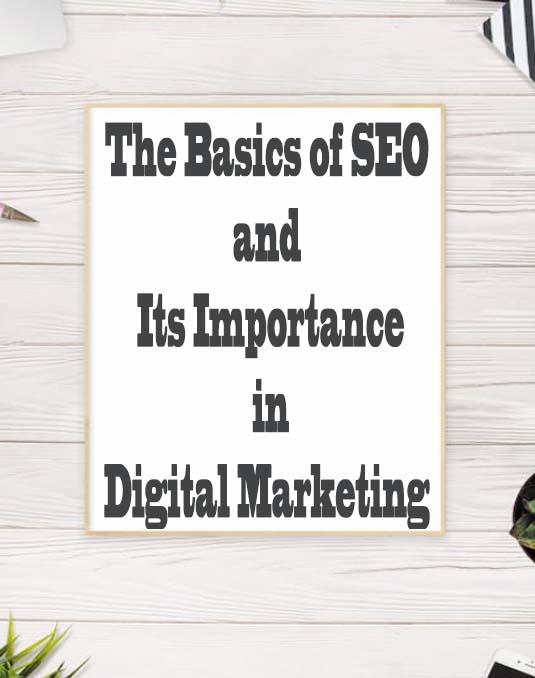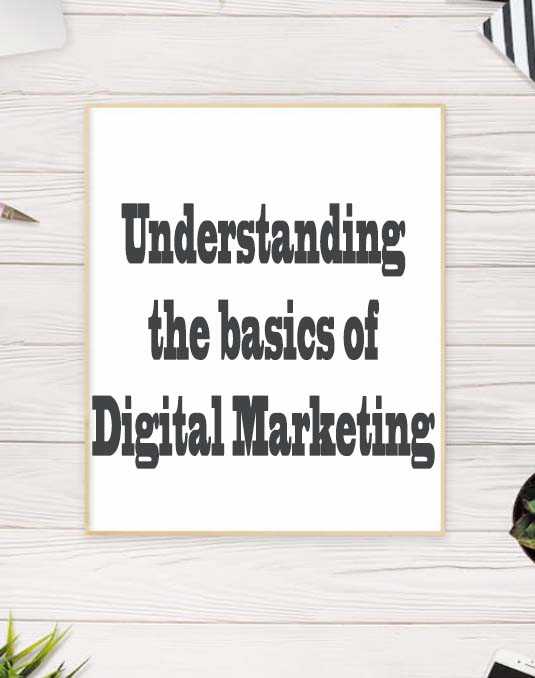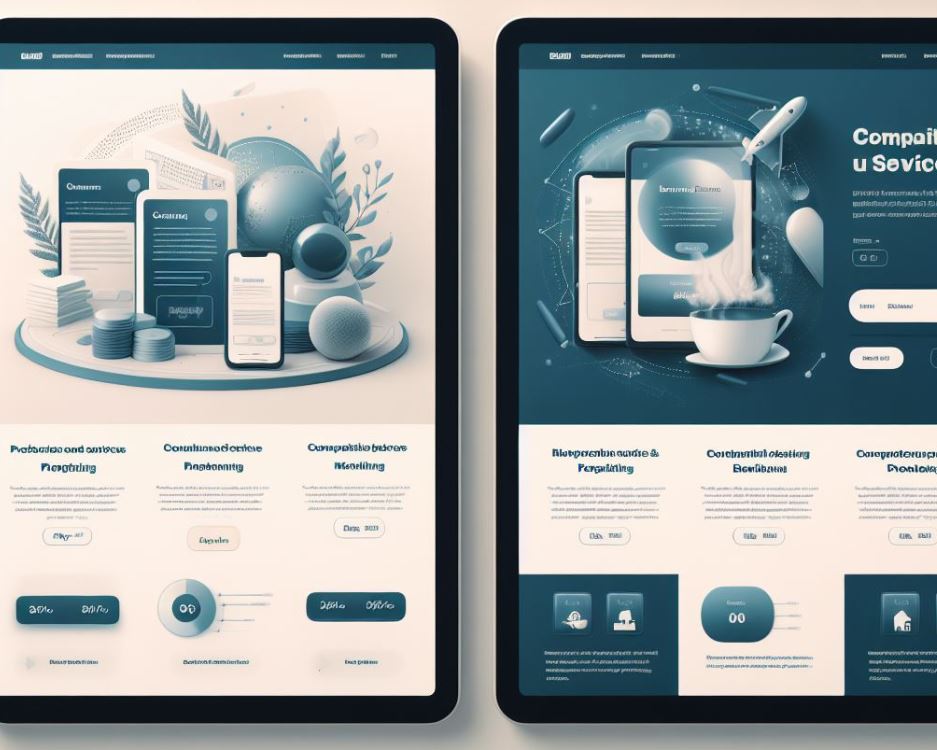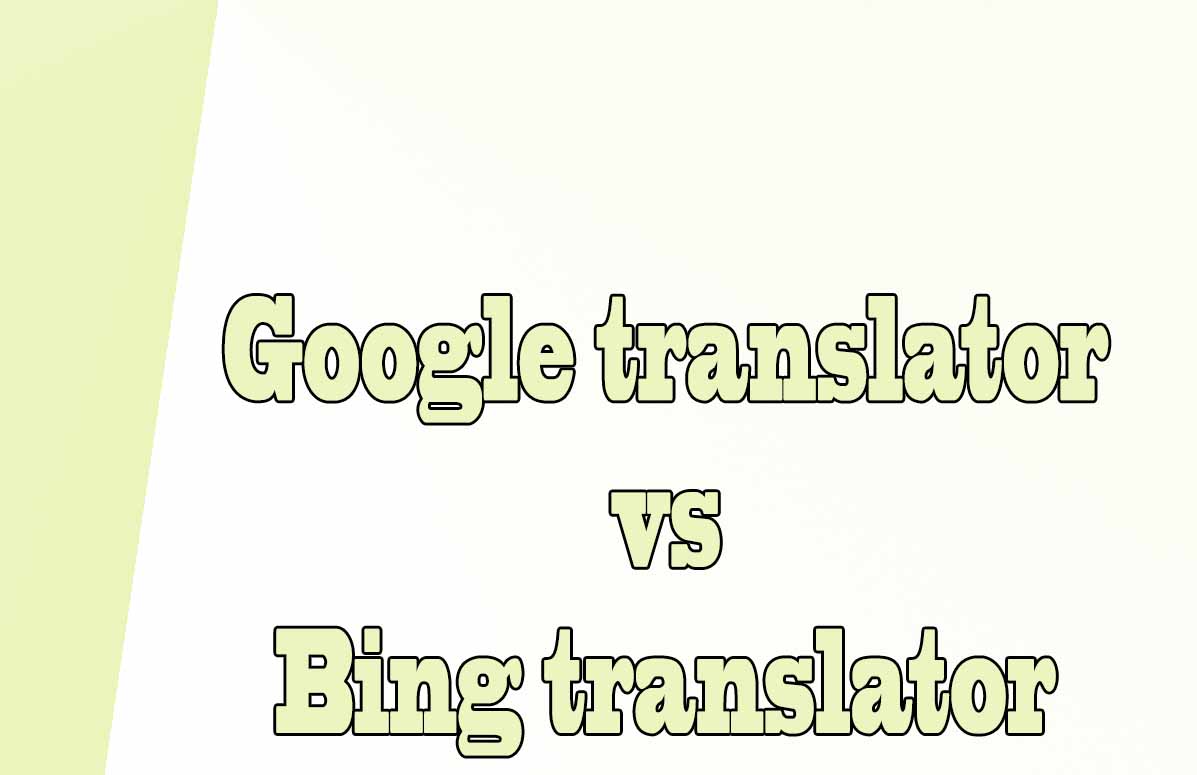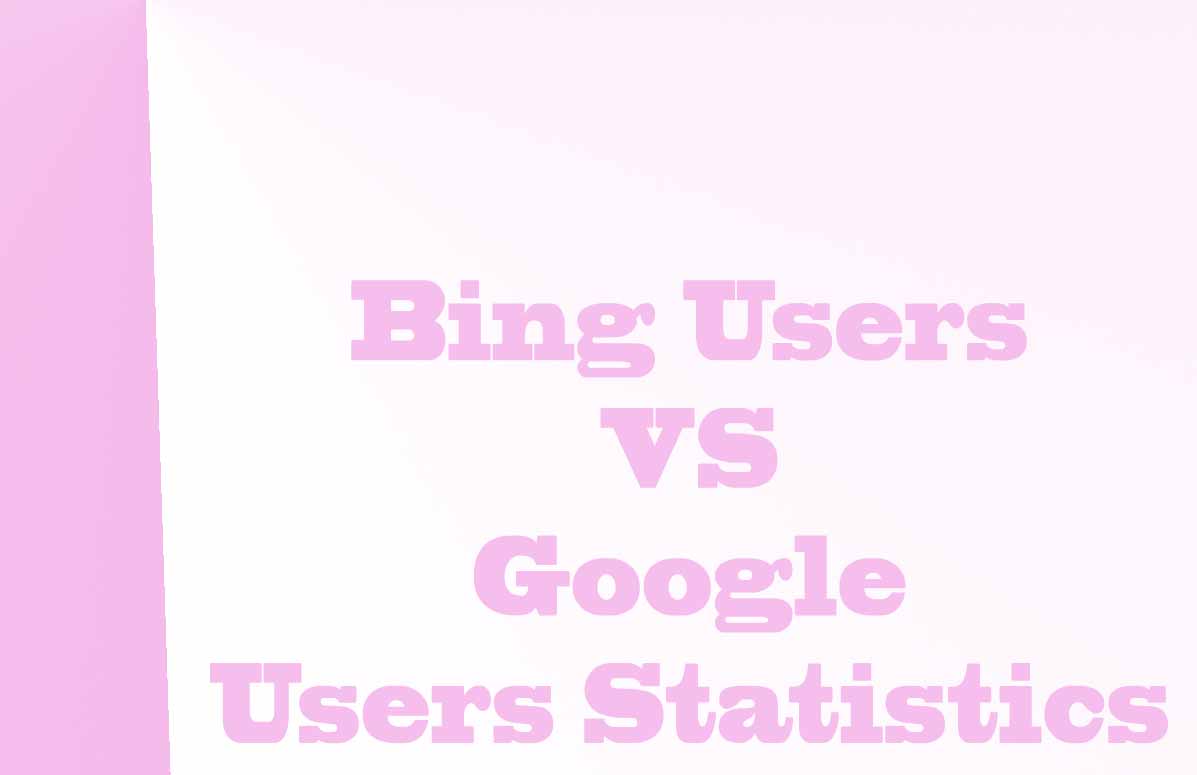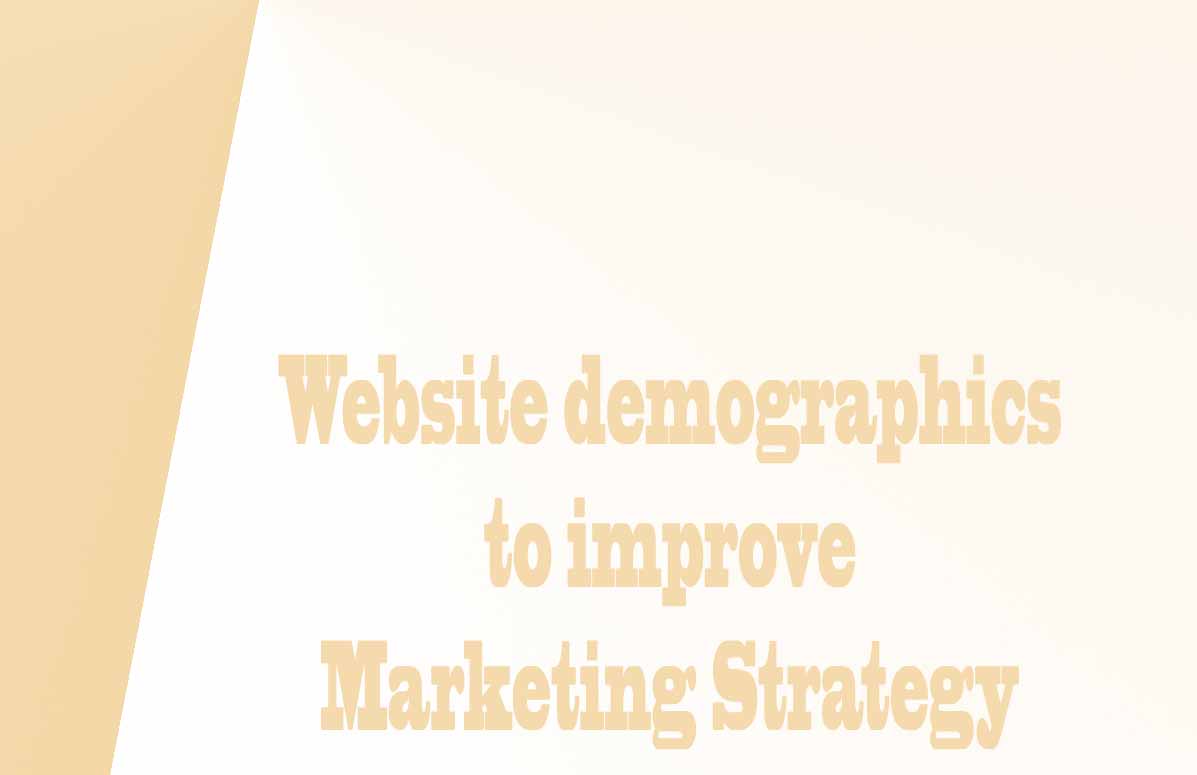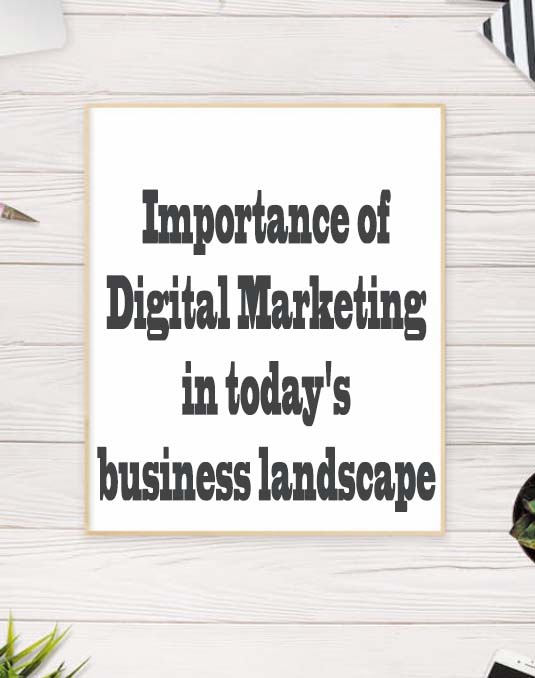
Importance of digital marketing in today's business
Businesses are finding that traditional marketing strategies are no longer sufficient to reach their target audience.
The rise of the internet has brought with it a multitude of channels and platforms that have fundamentally changed the way consumers engage with brands. As a result, the importance of digital marketing in today's business landscape cannot be overstated.
Digital marketing refers to the promotion of products or services through various online channels such as search engines, websites, social media, email, and mobile apps.
Unlike traditional marketing, which tends to be more one-way communication, digital marketing allows for interactive communication and real-time feedback from customers.
Benefits of digital marketing
One of the key benefits of digital marketing is the ability to reach a much larger audience compared to traditional marketing methods.
With the click of a button, businesses can potentially reach billions of people around the world.
This level of reach opens up new opportunities for growth and expansion, regardless of the size or location of a business.
1. Increased reach:
Digital marketing allows businesses to reach a wider audience as compared to traditional marketing methods. With the increasing use of the internet and digital devices, businesses can target and engage with potential customers across the globe.
2. Cost-effective:
Digital marketing is often more cost-effective than traditional marketing. Creating and running online advertisements, email marketing campaigns, and social media promotions can be more affordable than traditional advertising methods such as TV or print ads.
3. Measurable results:
Digital marketing provides real-time and measurable results allowing businesses to track and analyze the effectiveness of their campaigns. Marketers can easily monitor metrics such as website traffic, conversion rates, and customer engagement to make data-driven decisions and optimize their marketing strategies.
4. Targeted audience:
Digital marketing enables businesses to target specific segments of their audience based on demographics, interests, behaviors, and online activities. This allows for personalized and more relevant messaging, resulting in higher conversion rates.
5. Brand building and increased visibility:
By utilizing various digital marketing channels such as social media, search engine optimization (SEO), and content marketing, businesses can increase their visibility and build their brand online. Consistent and engaging digital marketing efforts can help establish trust and credibility among potential customers.
6. Improved customer interaction:
Digital marketing provides multiple ways for businesses to engage and interact with their customers. Social media platforms, email marketing, and live chat support allow businesses to respond to customer queries, provide personalized recommendations, and offer timely customer service.
7. Flexibility and adaptability:
Digital marketing allows businesses to quickly adjust and adapt their marketing strategies based on changing trends, customer preferences, and market dynamics. It offers flexibility in terms of targeting, messaging, and budget allocations.
8. Higher conversion rates:
By effectively targeting the right audience, providing personalized experiences, and utilizing data to optimize campaigns, digital marketing can result in higher conversion rates. Businesses can generate leads, drive sales, and achieve their marketing objectives more efficiently.
9. Increased customer loyalty:
Through digital marketing efforts such as personalized emails, loyalty programs, and social media engagement, businesses can build stronger relationships with their customers. This can result in higher customer retention and repeat business.
10. Competitive advantage:
Digital marketing allows businesses of all sizes to compete with larger companies in the market. With the right digital marketing strategy, smaller businesses can gain visibility, reach their target audience effectively, and establish their brand presence online.
Data analytics and Strategic targeting
Digital marketing provides businesses with the ability to target specific demographics and engage with a highly relevant audience.
Through data analytics and strategic targeting, businesses can tailor their messaging and offerings to resonate with their target market. This level of personalization can greatly increase the likelihood of converting leads into customers.
Data and strategic targeting are crucial components in digital marketing. With the rise of big data and advanced analytics tools, marketers can now access and analyze vast amounts of customer data. This data includes demographics, interests, behaviors, purchasing patterns, and more.
Data analytics in digital marketing involves collecting, organizing, and analyzing this data to gain valuable insights. These insights help marketers make informed decisions about their marketing strategies and tactics.
By analyzing data, marketers can identify trends, patterns, and correlations that can inform their targeting and messaging strategies.
Strategic targeting, on the other hand, refers to the process of identifying and reaching the most relevant audience segments with tailored marketing messages. By utilizing data analytics, marketers can better understand their target audience and create highly targeted and personalized marketing campaigns.
Here are some ways data analytics and strategic targeting can be applied in digital marketing:
1. Customer segmentation: By analyzing customer data, marketers can identify different customer segments based on demographics, preferences, and behaviors. This allows them to tailor their marketing efforts to each segment, increasing relevance and effectiveness.
2. Personalization: With data analytics, marketers can create personalized marketing experiences by analyzing customer preferences and behaviors. Personalization can range from dynamic website content to personalized email campaigns, leading to higher engagement and conversion rates.
3. Predictive analytics: By leveraging historical and real-time data, marketers can predict customer behavior and preferences. This helps in targeting customers with relevant offers and promotions, thereby improving conversion rates.
4. A/B testing: Data analytics allows marketers to conduct A/B testing on different marketing elements, such as messaging, designs, or calls to action. By measuring the performance of each variant, marketers can optimize their campaigns and improve their results.
5. Multi-channel marketing: With data analytics, marketers can track customer interactions across different channels, such as social media, websites, email, and mobile apps. This helps in understanding customer journeys and optimizing marketing efforts across these channels.
Digital marketing provides real-time data
Digital marketing allows for greater measurability and accountability. Unlike traditional marketing, where it can be challenging to track the effectiveness of campaigns, digital marketing provides real-time data and insights into the performance of marketing activities.
This data can be used to optimize campaigns, make data-driven decisions, and drive better results.
Digital marketing cost-effectiveness
Another aspect of digital marketing that cannot be overlooked is its cost-effectiveness.
Compared to traditional forms of advertising, such as TV or print, digital marketing tends to be more affordable, making it accessible to businesses of all sizes. Small businesses, in particular, can greatly benefit from the cost-effective nature of digital marketing as it allows them to compete with larger corporations on a level playing field.
The cost-effectiveness of digital marketing can vary depending on multiple factors, including the marketing strategy, target audience, industry, and competition. However, in general, digital marketing tends to be more cost-effective compared to traditional marketing methods.
Here are a few reasons why:
1. Targeted advertising:
With digital marketing, businesses can reach their target audience more effectively by using various targeting options such as demographics, interests, location, and behavior. This targeted approach reduces wastage and increases the chances of reaching the right people who are more likely to convert, resulting in a higher return on investment (ROI).
2. Cost optimization:
Compared to traditional advertising channels like TV, radio, or print media, digital marketing channels often offer more cost-effective options. For example, running a paid search campaign on platforms like Google Ads allows businesses to set a budget, pay only for clicks or impressions, and easily track the performance of their ads. This flexibility helps optimize marketing spending and improve cost-effectiveness.
3. Higher customer engagement:
Digital marketing enables businesses to engage with their customers more effectively through various online channels such as social media, email marketing, and content marketing. This increased engagement leads to better customer relationships, loyalty, and higher chances of repeat business, all of which contribute to a higher cost-effectiveness in the long run.
4. Measurable results:
Unlike traditional marketing where it can be challenging to track and measure the impact of campaigns, digital marketing provides detailed analytics and metrics. This allows businesses to measure the performance of their marketing efforts in real-time, identify areas of improvement, and make data-driven decisions. Adjusting strategies based on measurable results helps optimize spending and improve cost-effectiveness.
5. Scalability and flexibility:
Digital marketing campaigns can be easily scaled up or down based on budget and business needs. It allows businesses to start with a smaller budget, test different strategies, and optimize spending before scaling up the campaigns that show the best results. This scalability and flexibility contribute to cost-effectiveness as businesses can start small and gradually increase investment as they see positive outcomes.
Conclusion
Digital marketing has become an essential component of today's business landscape. Its ability to reach a larger audience, target specific demographics, provide measurable results, and be cost-effective makes it a powerful tool for businesses looking to thrive in the digital age.
Embracing digital marketing strategies is no longer an option but a necessity for businesses that want to stay relevant and competitive in today's fast-paced and ever-evolving market.
While digital marketing generally offers a higher cost-effectiveness compared to traditional marketing, it's important to carefully plan and execute digital marketing strategies to achieve the desired results within the allocated budget. Regular monitoring, analyzing data, and making adjustments are crucial for maximizing the effectiveness and cost-efficiency of digital marketing efforts.
Tips on SEO and Online Business
Next Articles
Previous Articles
